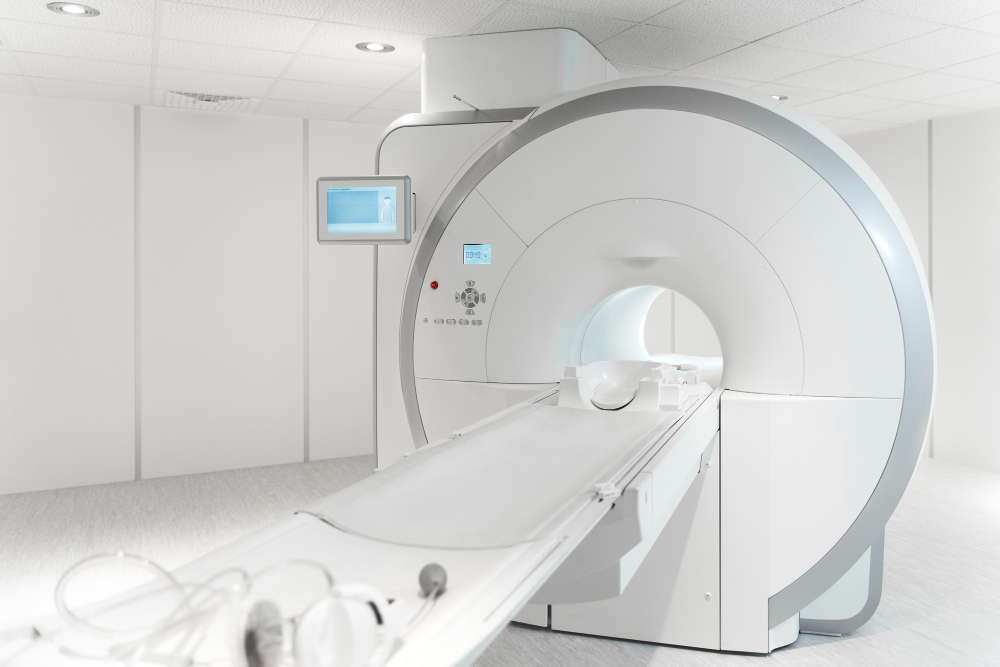Heart disease remains a leading cause of death worldwide, making early detection and accurate diagnosis crucial for effective treatment. Among the various diagnostic tools available, CT scans have emerged as a powerful method for evaluating heart health. This comprehensive article explores the role of CT scans in diagnosing heart disease, detailing the procedure, benefits, and insights that set it apart from other diagnostic methods. Additionally, we will provide an in-depth look at how CT scans contribute to the management and prevention of heart disease.
Understanding CT Scans
A CT (Computed Tomography) scan, also known as a CAT scan, uses X-ray technology to create detailed cross-sectional images of the body. These images are combined to produce a comprehensive 3D view of internal structures, including the heart and blood vessels. CT scans are particularly useful in visualizing the coronary arteries, assessing calcium deposits, and identifying blockages or other abnormalities that may indicate heart disease.
Types of CT Scans for Heart Disease:
Coronary CT Angiography (CCTA): This type of CT scan focuses on the coronary arteries, providing detailed images that can detect blockages, plaque buildup, and other structural issues.
Calcium Score Screening Heart Scan: This scan measures the amount of calcium in the coronary arteries, which can indicate the presence of coronary artery disease (CAD).
CT Pulmonary Angiography (CTPA): Used to visualize the pulmonary arteries and detect conditions such as pulmonary embolism that can affect heart function.
Benefits of CT Scans in Diagnosing Heart Disease
Early Detection
One of the primary benefits of CT scans is their ability to detect heart disease at an early stage. By identifying calcium deposits and blockages in the coronary arteries, CT scans can reveal the presence of coronary artery disease before symptoms appear, allowing for early intervention.
Non-Invasive Nature
Unlike traditional angiography, which requires the insertion of a catheter into the blood vessels, CT scans are non-invasive. This reduces the risk of complications and makes the procedure safer for patients.
High Accuracy and Detail
CT scans provide highly detailed images of the heart and blood vessels, allowing for precise diagnosis. This level of detail can be crucial in planning treatment strategies and monitoring the effectiveness of interventions.
Quick and Convenient
CT scans are relatively quick procedures, typically completed within 30 minutes. This makes them convenient for patients and allows for rapid diagnosis, which is essential in emergency situations.
Finding a CT Scan Provider
Choosing a reputable provider for your CT scan is essential for accurate diagnosis and effective treatment. When searching for a provider, consider factors such as technology, expertise, and patient reviews. If you’re looking for a CT scan near Nashville, visit this website and schedule an appointment today.
CT scans are a powerful tool in the diagnosis and management of heart disease, offering early detection, detailed imaging, and non-invasive procedures. By understanding the benefits and integrating CT scans into a comprehensive heart health strategy, patients and healthcare providers can work together to prevent and treat heart disease more effectively.
Whether you’re at risk for heart disease or looking to monitor an existing condition, CT scans provide valuable insights that can guide your health journey. Take advantage of this advanced diagnostic technology to ensure you receive the best possible care for your heart.

